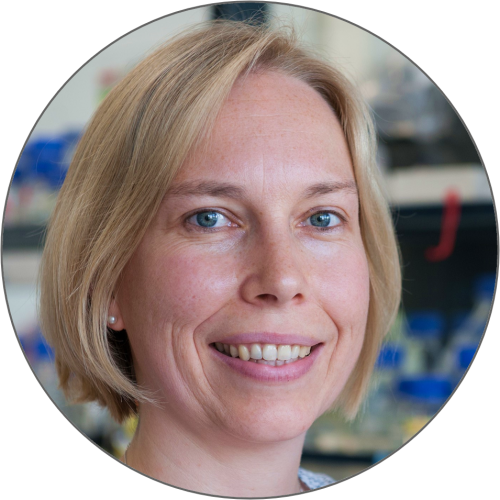Keynote Lectures
Annual Meeting of Plant Research funded by BMBF 2023
Three keynote lectures will complement the meeting, giving overview and insights into cutting-edge plant research and stimulating fruitful discussions.

Keynote on Crop Evolution
Speaker: Shahal Abbo
Professor at The Hebrew University of Jerusalem, Israel
Shahal Abbo’s research expertise lies in the field of agricultural research, with a particular emphasis on grain legumes. He specialized in dryland grain crops agronomy, with a focus on chickpea genetics and breeding. His research interests include legume crop-pathogen co-evolution, species relations among wild and domesticated pea, and crop evolution under domestication.
Shahal Abbo studied at The Hebrew University of Jerusalem and completed his Ph.D. in Genetics and Breeding in 1991. He went on for post-doctoral work at John Innes Centre in Norwich, UK, and at Weizmann Institute in Rehovot, Israel. His academic career at The Hebrew University started in October 1995 when he was appointed as a Lecturer in Field Crops & Genetics. He was promoted to Senior Lecturer in the same department in October 2000, and to Associate Professor in July 2006. In October 2011, he was appointed as a Professor in Field Crops & Plant Genetics at the university.
In addition to his academic appointments, he has held several leadership roles at The Hebrew University, such as the head of the Field Crops & Vegetables study program, head of the Genetics & Breeding study program, and as the Director of the RH Smith Institute of Plant Science & Genetics in Agriculture.
Abstract of Shahal Abbo’s Talk on March 20, 2023, at 1.30 pm:
"Studies in Near Eastern plant domestication and crop evolution"

Keynote on Plant Breeding and Agroecology
Speaker: Peter Rogowsky
Senior researcher at INRAE National Research Institute for Agriculture, Food and Environment, Lyon, France
Peter Rogowsky is a senior INRAE researcher in the lab of Plant Reproduction and Development at the ENS in Lyon. After a PhD in bacterial genetics (Regensburg, Germany) and postdocs on plant-pathogen interactions (Davis, USA), plant genomics (Adelaide, Australia) and plant pathology (Toulouse, France) he initiated his present research activity on maize grain development in 1993. Focusing on early stages preparing the grain for the accumulation of reserve substances, his functional genetics approach was complemented over time by emerging omics techniques and more recently by maize biotechnology to translate the fundamental knowledge gained into innovative traits.
He coordinated or participated in numerous European and national projects, among them the French "Investment for the Future" project GENIUS (2012-2020) devoted to the implementation of genome editing in 9 crop species. Since 2013, he is for 50% of his time Deputy Head of the INRAE Plant Biology and Breeding Division, which aims to produce fundamental and operational knowledge on the functioning of plants in interaction with their biotic and abiotic environment, by integrating the different levels of organization of living organisms (from molecules to communities), in order to understand and optimize the functioning of agroecosystems. He was co-leader of the EPSO Agricultural Technology Working Group and is the President of the Operational Directorate of the French public-private consortium PlantAlliance.
Abstract of Peter Rogowsky’s Talk on March 21, 2023, at 9.05 am:

Keynote on Epigenetics of Plant Stress Adaptaion
Speaker: Isabel Bäurle
Professor at Potsdam University, Germany
Isabel Bäurle's research focuses on plant adaptation to abiotic stress, particularly the roles of epigenetic mechanisms in these processes. Her work has revealed insights how plants remember past exposure to stress and how they adapt to recurring stress conditions. She uses genetic, molecular, and evolutionary biological approaches to study the cellular memory of heat stress in Arabidopsis as a model. The outputs of her research are aimed at developing new strategies for crop improvement.
Isabel Bäurle obtained her undergraduate degree in biology and chemistry from the University of Freiburg and completed her doctoral research at the same institution in 2004. She subsequently worked at the John Innes Centre (Norwich, UK) and was awarded a Royal Society University Research Fellowship. In 2010, she became a group leader at the University of Potsdam and was appointed as a Junior Professor in 2013 and full Professor in 2019. Isabel Bäurle furthermore serves on the editorial board of Current Opinion in Plant Biology.
Abstract of Isabel Bäurle’s Talk on March 22, 2023, at 9.05 am:
"How plants remember a stressful day – a role for chromatin-based mechanisms"